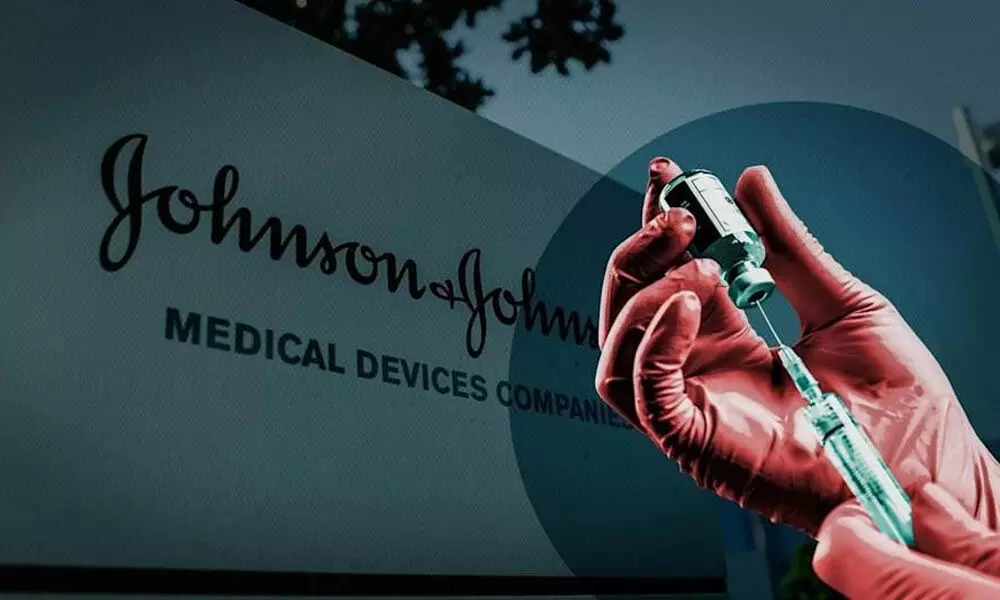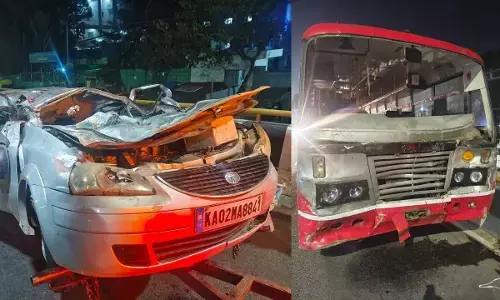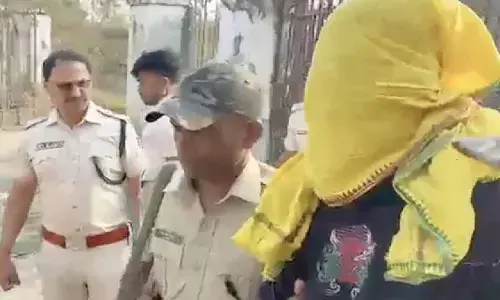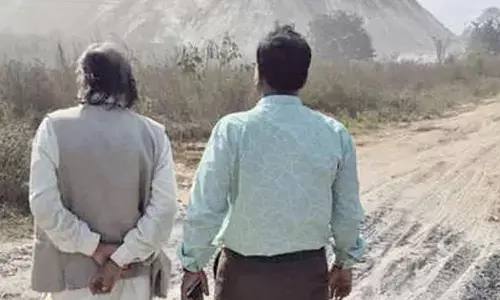Johnson & Johnson says its vaccine gives 8-month immunity from delta variant

Johnson & Johnson says its vaccine gives 8-month immunity from delta variant
Johnson & Johnson said on Friday that its single-shot coronavirus vaccine neutralises the fast-spreading delta variant and provides durable protection against infection more broadly
New Delhi: Johnson & Johnson said on Friday that its single-shot coronavirus vaccine neutralises the fast-spreading delta variant and provides durable protection against infection more broadly.
The company said in a statement Thursday that recipients of its vaccine produced strong neutralizing antibodies over the course of at least eight months against all variants including delta, which was first seen in India and has been spreading around the globe.
Delta is expected to become the dominant strain in the US in the coming weeks, according to the Centers for Disease Control and Prevention. The J&J shot provides less protection initially than messenger RNA vaccines from Pfizer Inc. and Moderna Inc, and experts have been discussing whether some people may need booster shots to keep the virus at bay long-term.
"We're extremely happy, actually, and confident there's no need for the booster at the moment and we're protected against different strains," said Johan Van Hoof, J&J's global head of infectious diseases and vaccines, in an interview.
The shot neutralized the delta variant within 29 days of a first dose, and protection matured and improved over time, the company said.
With the latest data in hand, Van Hoof said J&J doesn't believe people who have been given its vaccine should need a booster within a year of having gotten it. "And if a boost is needed," he said, "we don't think we'll need to change the formulation."
Scientists and some vaccine manufacturers have been crafting updated versions of their shots to directly target the emerging variants, which have proved to be significantly more transmissible than the original virus that first emerged in Wuhan, China, in late 2019.
The continued evolution of the pathogen, however, is creating an ever-moving target, leading some to evaluate whether additional doses of existing immunizations may provide more protection.









